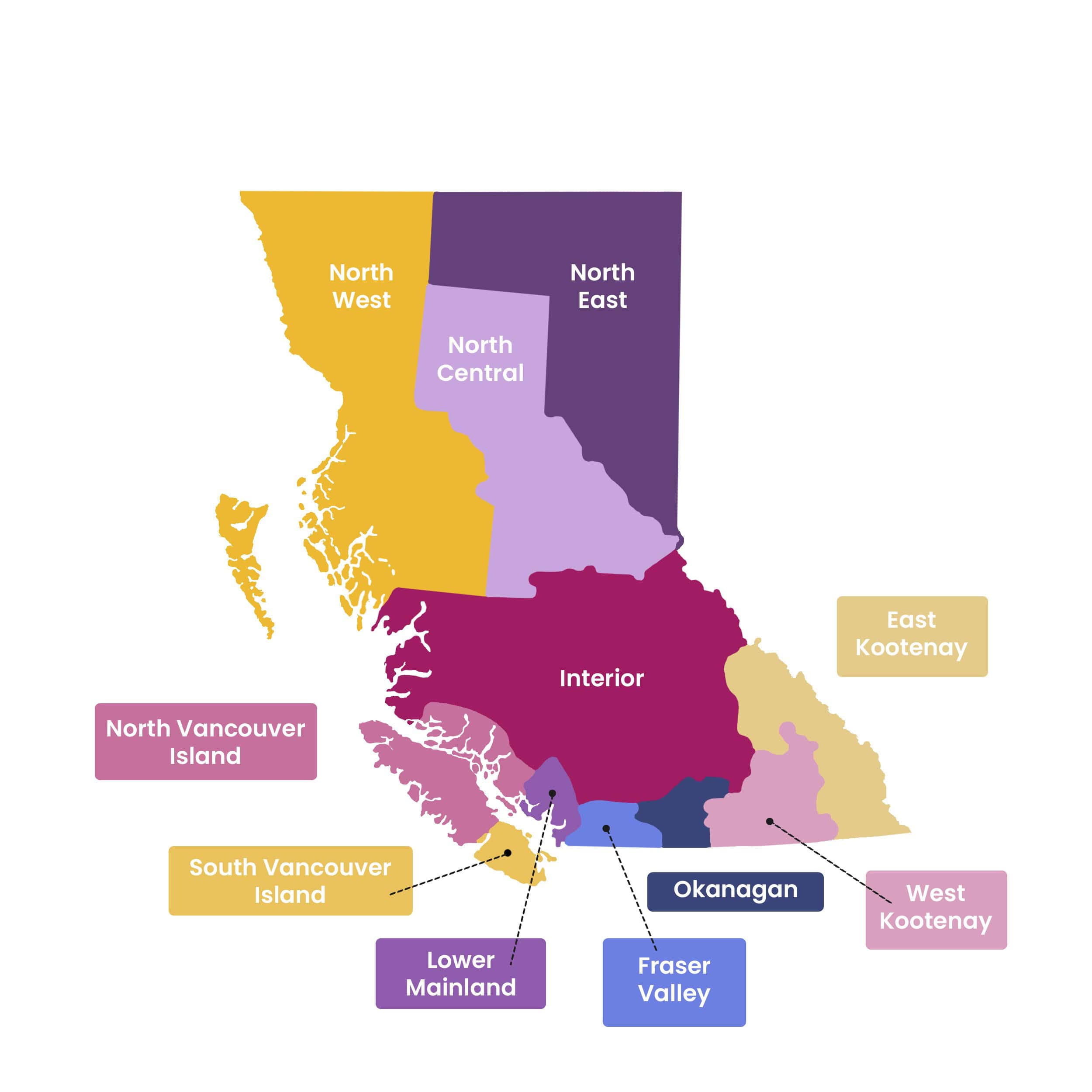Survivor Support Strategies and Practices
Survivors may feel overwhelmed by all the decisions they are making, including giving fully informed consent to medical care and/or forensic exam, because of the trauma of being sexually assaulted (Manning and Mana, 2022).
Medical care and forensic exams can be distressing for survivors because:
- They involve touching, examining, or inserting an object into parts of their body that have been traumatized.
- Of the power differential between the survivor and healthcare provider.
- The process may trigger memories and feelings from the assault (Sherman et al., 2019).
It can be helpful for the survivor to bring a support person such as a friend, family or partner when accessing healthcare.
Many communities may have victim services, outreach or sexual assault response workers who can accompany survivors to the hospital or healthcare facility.
You can offer the option of a support person and/or connect the survivor to local community anti-violence services. You can contact VictimLinkBC or go to EVA BC’s service directory of programs for more information.
You can reduce the potential negative impacts to the survivor by taking the following steps:
- Avoid offering reassurance through touch (e.g., a pat on the back or knee) or initiating a hug. A physical expression of support can be triggering, even if it is intended to be nurturing.
- Use anatomical names of body parts when talking about the assault or health issues. Phrases such as “down there” may convey discomfort with talking about sex and sexual organs, and impede open communication (Sherman et al., 2019).
- Explain the process in detail using plain language, including what and why you are asking/doing and what to expect.
- Ask for the survivor’s ongoing consent, including permission to touch them and conduct each part of the exam.
- Offer options e.g., which parts of the assessment or treatment they want to proceed with, healthcare provider gender preference where available, choice to partially disrobe.
- Allow more time so the process is not rushed.
- Speak in a calm, matter-of-fact voice and avoid sudden movements.
- Check-in regularly about how the survivor is feeling and provide reassurance.
- Ask the survivor about:
- How you can support them.
- What parts of the procedure are difficult or triggering.
- Their main concerns and address them first if possible.
- How they want to let you know that they need a break or want you to stop (Manning and Mana, 2022; Sherman et al., 2019).
- Use gender inclusive language. Please refer to this resource that describes inclusive terms clinicians can use when providing care to gender diverse people.
- Address the survivor’s accessibility needs by identifying and accommodating what the survivor needs in terms of:
- Mobility
- Decision making
- Hearing
- Vision
- Communication (Disability Alliance BC, 2016)
Go to the Right to be Safe guide or The Inclusion in Practice guide by the Disability Alliance of BC for more information.
- Ask if there are ways to help the survivor feel more comfortable e.g., water, extra gown, breaks, lighting change.
- Pay attention to the survivor’s body language. Survivors may have been conditioned to be passive and defer to the healthcare provider; they also may not disclose that a procedure is upsetting or triggering (Subramanian and Green, 2015).
Access the links below for resources and information on how to support survivors when accessing healthcare.
Interpreting Services
Provincial Language Services provides interpreting services 24 hours a day, seven days a week free of charge to BC patients and/or their families.
Spoken language interpreting services are available for any agency or service under BC Health Authorities and other healthcare services.
Sign language interpreting services are available to:
- Healthcare professionals providing services covered under the Medical Services Plan or Hospital Insurance Act.
- Practitioners working for a program or service under the BC Health Authorities.
You can submit a request to Provincial Language Services for spoken and sign language interpreting services through this link.
Click here for more information.
Indigenous Resources
All BC Health Authorities have Indigenous healthcare services that support patients, families and staff and the delivery of culturally safe care. Access to support will vary by location. Please refer to the information below:
- Provincial Health Services Authority (PHSA) Indigenous Patient Navigators. There are 18 PHSA Indigenous Patient Navigators. Please refer to the following programs for more site specific information:
- BC Cancer Agency – go to the website for regional phone contact information or email icc@bccancer.ca
- BC Women’s Hospital – you can make a referral via CST or email the referral form to indigenoushealthreferral@cw.bc.ca
- Children’s Hospital – you can make a referral via CST or email the referral form to indigenoushealthreferral@cw.bc.ca
- BC Emergency Health Services
- Vancouver Coastal Health Indigenous Patient Navigators
- Providence Health Care Indigenous Wellness Liaisons – call 604-682-2344 ext.62937 (PHC, n.d.)
- Fraser Health Indigenous Health Liaisons – call 1-866-766-6960 or click here
- Interior Health Indigenous Patient Navigator Service
- Northern Health Indigenous Patient Liaison Program
- Island Health Indigenous Health Program (includes Indigenous Liaison Nurses and Indigenous Patient Navigators)
Trans Care Resources
Trans Care BC’s health navigation team is a provincial resource that helps Two-Spirit, trans and non-binary people identify healthcare system pathways, get information, and find services, resources and supports related to trans health (Trans Care BC, n.d.). Click here for more information.
Trans Care BC has developed tips and guidance to help you provide trauma-informed and gender-affirming care:
- This resource provides non-gendered terms and phrases you can use with clients in clinical settings when you’re unaware of the language they use in referring to their anatomy.
- This Primary Care Toolkit provides gender-affirming care options and tools including sexual health screening recommendations.

